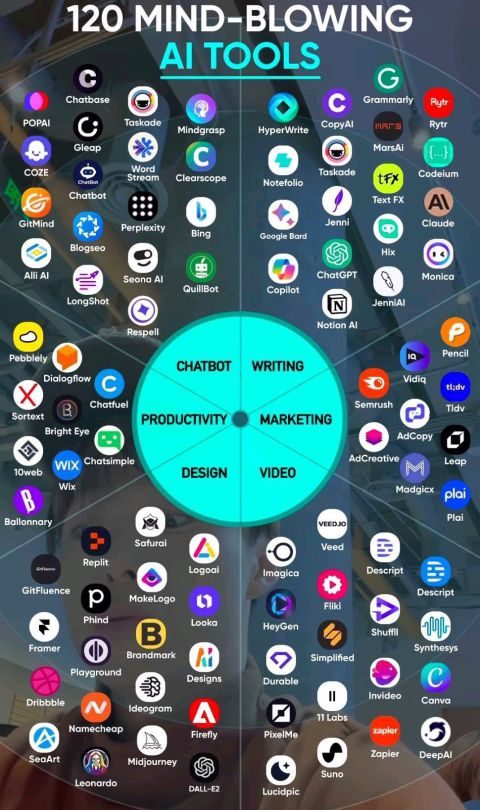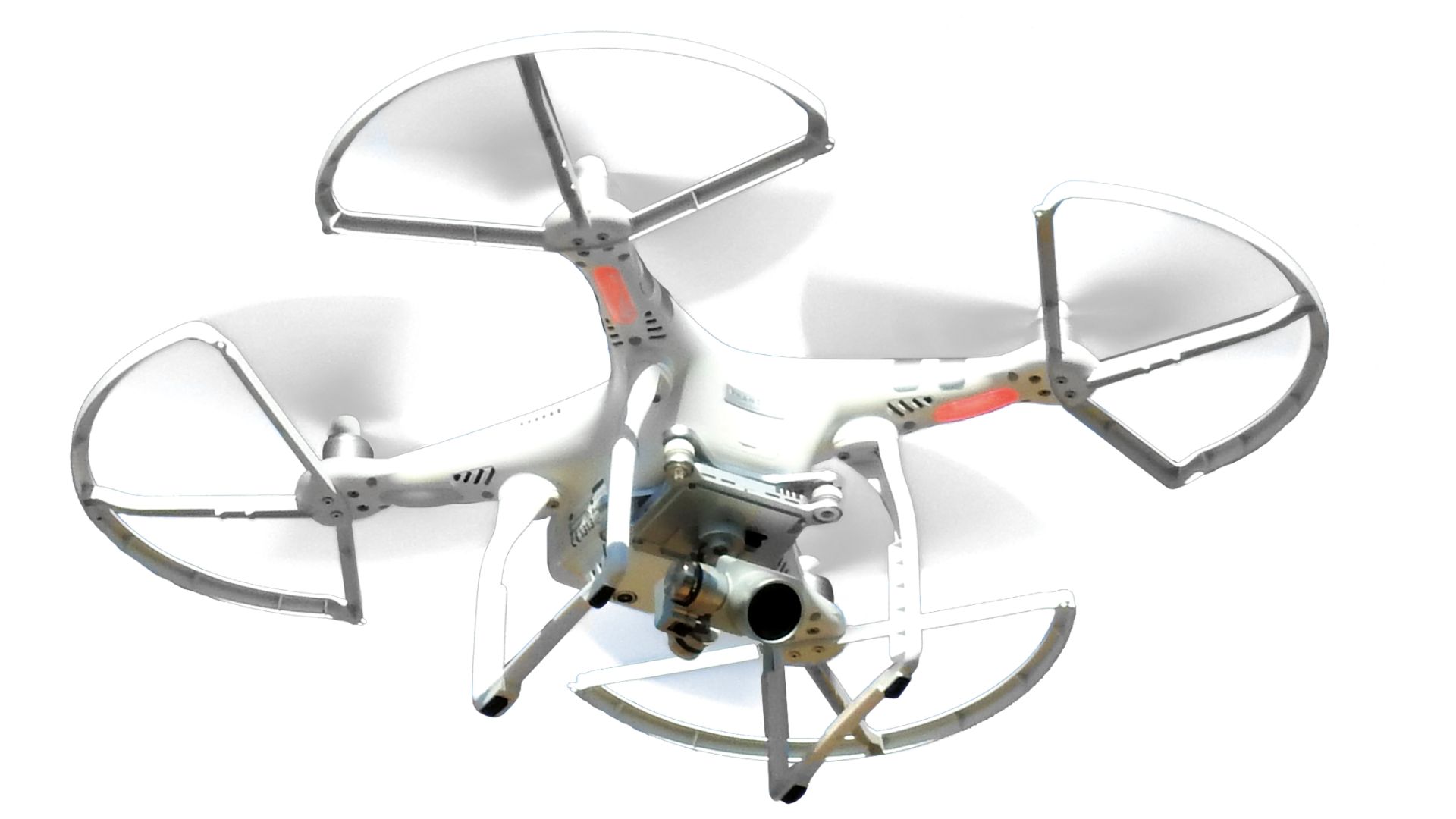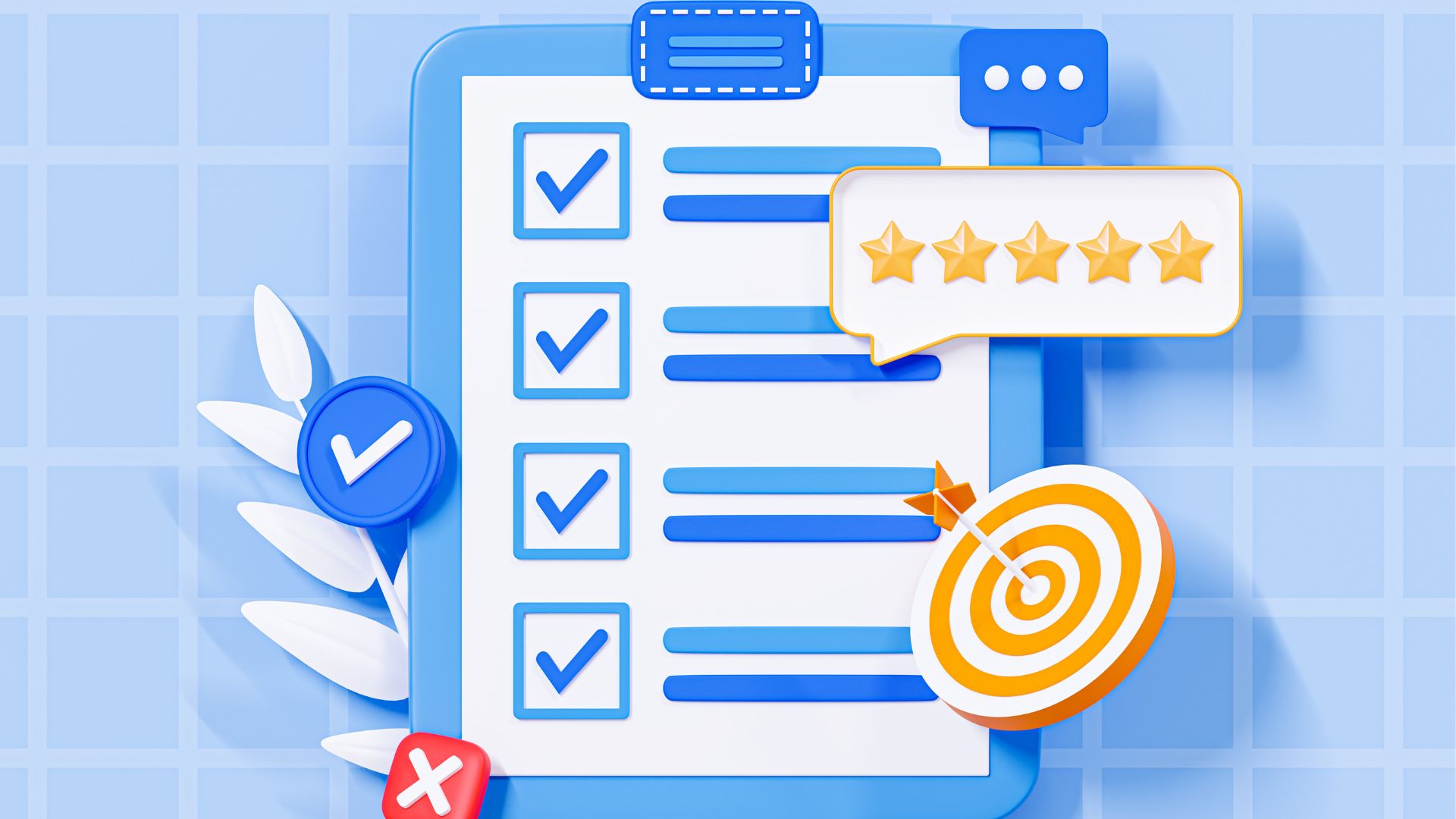What is AI vs. Maching Learning?
Artificial Intelligence, or AI, refers to computer systems designed to perform tasks that typically require human intelligence, such as recognizing patterns, making decisions, or understanding language. These systems process large amounts of data quickly and consistently, enabling them to assist with repetitive or time-consuming work.
Think of it like a super-smart assistant that can learn from examples, spot patterns, and do repetitive tasks faster than any human, but without replacing the heart of your business.
Machine Learning is a specific type of AI where the system improves its performance by learning from data over time, without being explicitly programmed for every scenario. While all machine learning is AI, not all AI relies on machine learning—some AI operates using predefined rules.

AI vs. Machine Learning
| Aspect | AI (Artificial Intelligence) | Machine Learning (ML) |
|---|---|---|
| Definition | Any system that acts smart like a human (thinks, decides, responds). | A part of AI that learns from data instead of following fixed rules. |
| How It Works | Can use rules you write or learn from data. | Must learn from examples—no rules, just patterns in data. |
| Example | A chatbot that answers “Yes” if you type “Are you open?” (rule-based). | A chatbot that predicts your next question based on 1,000 past chats. |
| Needs Data? | Not always—just logic. | Always—needs training data like a recipe needs ingredients. |
| Changes Over Time? | Stays the same unless you update the rules. | Improves automatically as it sees more data. |
| Real-World Example | Siri answering basic commands. | Netflix suggesting shows you’ll actually watch. |
| Key Takeaway | The whole toolbox. | The self-sharpening saw inside the toolbox. |

A Robot Dog That Predicts the Next Throw
You teach a real dog to fetch. It runs, grabs the stick, brings it back. After a while, it learns your habits — left near the oak tree, right by the fence. Eventually, it starts running before you let go, eyes locked on your arm.
AI is like a robot dog that fetches on command. You say “go” and it runs, grabs, returns. Works every time. No learning needed.
Machine Learning (ML) is the smart part of AI so it’s the robot dog that learns. It has perfect memory, a weather station in its nose, and a notepad that never forgets. After 100 throws, it predicts your next move and starts early.
But here’s the truth: It still waits for your whistle. You throw. It predicts. You decide if its worth running after.
Next, let’s meet some robot dogs that could be in your toolbox.

AI Tools Breakdown
The diagram below organizes over 120 AI tools into six practical categories: Chatbot, Writing, Productivity, Marketing, Design, and Video. Each category includes tools from various companies. This collection represents only a small fraction of the thousands of AI tools now available, showing that businesses can choose specialized solutions for nearly any operational need. We are not affiliated with these companies, and they are used as examples.
Every tool in the 120+ AI Tools Wheel below is one of these dogs, some fetch on command (basic AI), most learn your throw and get smarter (ML-powered). You don’t train models. You don’t code. You just say “fetch” — and they run.
| Category | What It Does | Example Tools |
|---|---|---|
| Chatbot | Customer service, FAQs, 24/7 support | ChatGPT, Claude, Gemini |
| Writing | Emails, ads, blogs, proofreading | Copy.ai, Jasper, Grammarly |
| Productivity | Scheduling, notes, task automation | Notion AI, Taskade, Zapier |
| Marketing | Ads, social posts, email campaigns | AdCreative.ai, Phrasee |
| Design | Logos, banners, product mockups | Canva AI, Midjourney, Leonardo |
| Video | Clips, voiceovers, editing | Descript, Synthesia, Runway |
Ideas to Test AI in Your Business
Following are 6 ideas for experiments using the categories above to try AI for 1–2 weeks, keep full control, and decide if it’s worth it. For each, there should be no long-term commitments and no loss of oversight. Each test suggestion uses free or low-cost tools from the uploaded whee. The tools mentioned below are randomly picked from the diagram, they could be obsolete tomorrow or not work with your business model, so find what works for you.

Draft One Email Campaign
The Tools
Choose a tool from the Writing Category such as Copy.ai or Jasper (free trial)
The Test
Feed last month’s sales flyer into the tool. Let it generate 3 email versions.
- Control. Edit every line, approve the final, and send it yourself.
- Measure. Open rate vs. your last manual email. If it saves 30 minutes and performs the same → keep using.
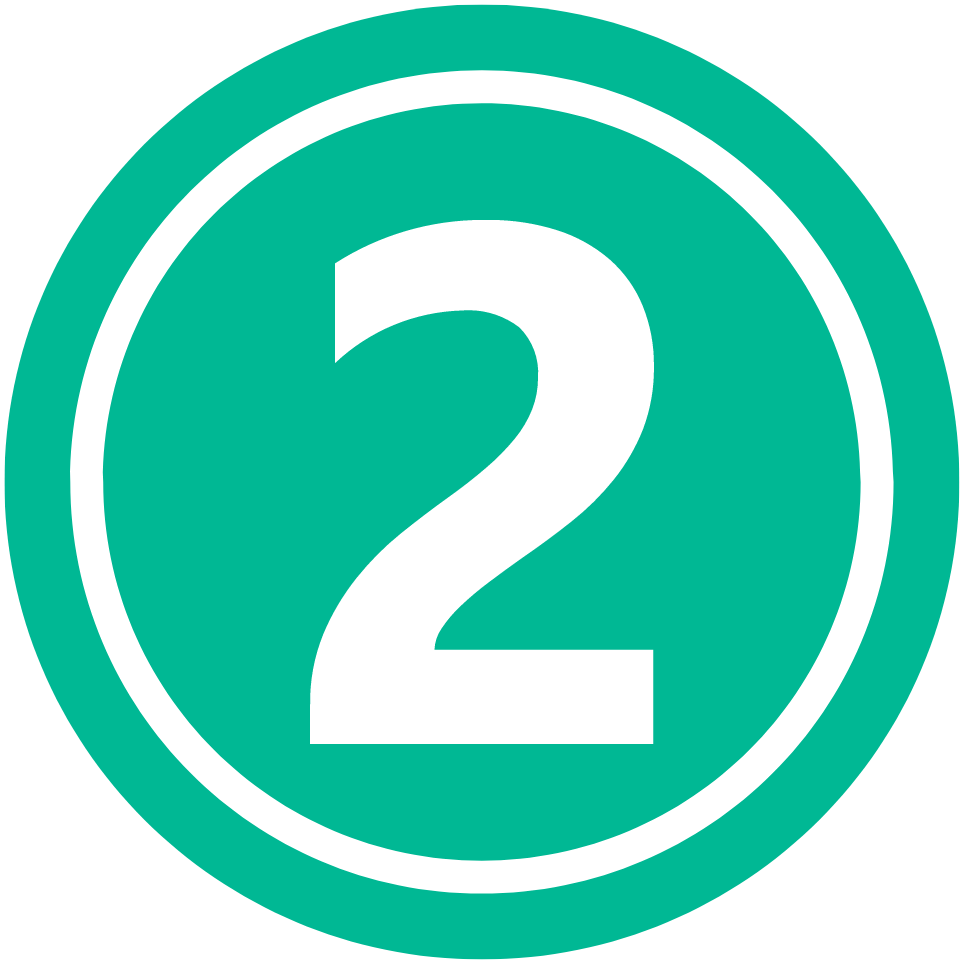
Auto-Answer 10 Customer Texts/Chats
The Tools
Choose a tool from the Chatbots Category such as ChatGPT (free) + Zapier (free tier)
The Test
Set up a simple bot to reply to “What are your hours?” or “Do you take walk-ins?”
- Control. Review every response before it sends (Zapier pause step).
- Measure. Time saved vs. manual replies. If it handles 80% accurately → expand.
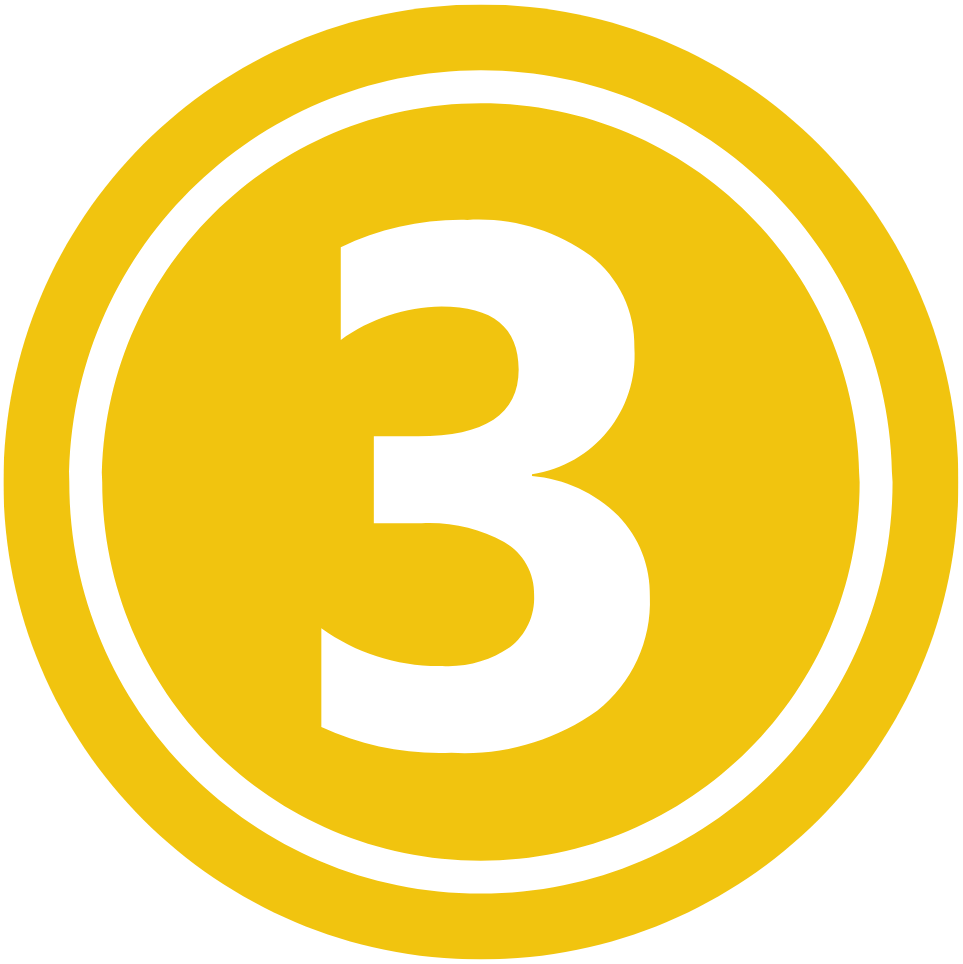
Schedule 5 Appointments
The Tools
Choose a tool from the Productivity Category such as Notion AI or Taskade (free)
The Test
Let customers book via a shared Notion calendar link.
Control. You confirm every booking by phone or text within 24 hours.
Measure. No-shows vs. last month. If double-bookings drop to zero → adopt.

Create One Social Post
The Tools
Choose a tool from the Marketing Category such as AdCreative.ai or Phrasee (free trial)
The Test
Upload a product photo. Let AI write 3 captions.
Control. Pick one, add your photo/video, post yourself.
Measure. Engagement vs. your last manual post. If it beats average → scale to weekly.

Design One Flyer or Menu Update
The Tools
Choose a tool from the Design Category such as Canva AI or Midjourney (free via Discord)
The Test
Type “New lunch special flyer, clean layout.” Generate 3 options.
Control. Edit colors, fonts, and text to match your brand.
Measure. Time vs. hiring a designer or doing it manually. If under 15 minutes and looks pro → repeat.

Make a 15-Second Product Clip
The Tools
Choose a tool from the Video Category such as Descript or Synthesia (free trial)
The Test
Upload a photo of your best-selling item. Let AI generate a 15-second video with text overlay and voiceover.
Control. Edit the script, replace the AI voice with your own 10-second recording, and export. Post it to an online platform of your choice.
Measure. Time vs. shooting and editing manually on your phone or computer. Leave the post up 7 days, then measure
- Views + clicks vs. your last photo post
- Time spent (target: <20 min total)
If it gets 2× the engagement in half the time → keep the workflow.
Fun with Testing
Remember, use AI drafts or suggestions. You approve and choose what to use. No automation goes live without your final click. Test on a small, low-stakes scale with a few key customers who know what you are working on and gain their feedback. If none of the 7 work for you just delete the accounts. No harm done.
| Week | Task |
|---|---|
| 1 | Pick 1-2 tests (e.g., #1 Writing + #3 Productivity). Set up should take less than 1 hour. |
| 2 | Run live. Track time saved + results. Decide: Keep, tweak, or drop. |

Final Thoughts - Your Business. Your Rules.
AI is a tool you turn on and off, not a takeover. (Well, let’s hope not.) After experimenting with AI with any of these 7 low-risk tests or others you decide to do, you’ll know exactly what saves time, what feels off, and what’s worth keeping.
You stay the owner. You approve every message, every design, every post. If AI ever feels like it’s running the show, then delete the account. That’s our advice, anyway.
But if one test saves you 2 hours a week or prevents one mistake? That’s real money back in your pocket—and more time for the parts of the business only you can do. Start with one. Stop anytime. No commitment. Just results.
Let AI handle the grunt work. You handle the heart of your business.
